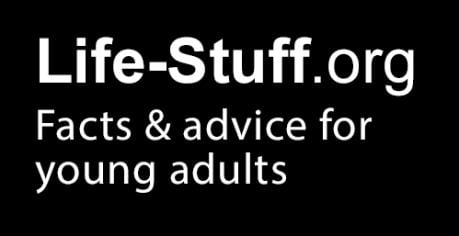Enough website summary
What is abuse?
Abuse can be emotional, physical, sexual or financial.
The abuser can be a partner, ex-partner, family member, community leader, a friend, someone at work or a stranger.
It can happen to anyone: an adult or a child. A female or a male.
Abuse can happen at home or in a public place like a community centre, school or work.
It can be in person or online.
Abuse can include:
Abuse in a public place or online
- Unwanted sexual attention
- Inappropriate comments (including ones of a sexual nature), gestures or touching
- Staring at someone in a way that makes them feel uncomfortable
- Up skirting (taking pictures or filming up someone’s skirt without them knowing)
- Flashing (the action of showing one's genitals briefly in public)
- Groping (unwanted sexual touching anywhere on the body, which can be sexual assault)
- Asking for sexual activity in the workplace
- Asking for sexual acts in exchange for free or discounted accommodation
- Cyberflashing (sending someone an explicit picture they haven’t asked for)
- Stalking: either in person or cyber stalking (the use of the internet and other technologies to harass or stalk another person online)
- Sharing someone’s private sexual images without their consent
Sexual abuse
- Rape and penetrative assault
- Sexual assault (touching in a sexual way without consent)
- Getting someone to engage in sexual activity without their consent
- ‘Stealthing’ (removing a condom during sex without the other person knowing)
- Choking, slapping or spitting on someone during sex without their consent
- ‘Sex for rent’ (exploitative offers or exchanges of accommodation in return for sexual activity)
- Sexual exploitation (making someone else perform sexual activity for yours or someone else’s gain)
- Grooming someone for sex
- Watching someone in private without their consent for sexual gratification
Domestic abuse
- Controlling or coercive behaviour (an intentional pattern of behaviour to exert power or control)
- Physical abuse (for example punching or kicking someone, or threatening them with this sort of behaviour)
- Sexual abuse (for example rape or sexual assault, or threatening someone with this sort of behaviour)
- Verbal, emotional or psychological abuse (such as using humiliation, or insulting, threatening or degrading language)
- Stalking (including monitoring someone’s phone or tracking their movements)
- Economic abuse (such as misusing someone’s finances, or controlling someone’s access to finances)
- Technology-facilitated abuse (such as placing false or malicious information about a someone on their, or others’, social media, or cyber-stalking or harassment)
Other forms of abuse
- So-called ‘honour’-based abuse (harmful things that are done in the name of a family’s or community’s so-called ‘honour’)
- Female genital mutilation - a procedure where the female genitals are deliberately cut, injured or changed, but there's no medical reason for this to be done
- Forced marriage (where someone is required to marry against their will)
- Modern slavery (the recruitment, movement, harbouring or receiving of children, women or men through the use of force, coercion, abuse of vulnerability, deception or other means for the purpose of exploitation)
- Spiking (when someone puts alcohol or drugs into another person’s drink or their body without their knowledge and/or consent)
Support Organisations by Supported Language
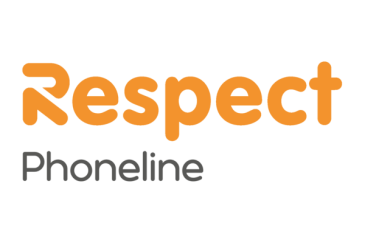
Respect Phoneline

Women's Aid
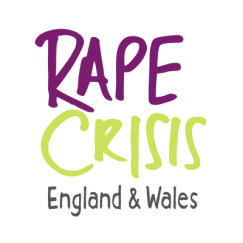
The 24/7 Rape and Sexual Abuse Support Line

Revenge Porn Helpline

Live Fear Free helpline (Wales)

Suzy Lamplugh Trust: National Stalking Helpline
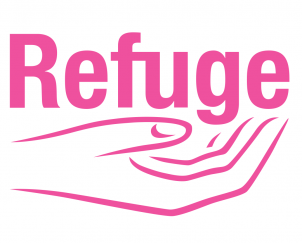
Refuge - National Domestic Abuse helpline and livechat (England)
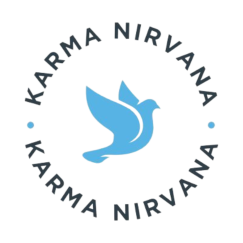
Karma Nirvana: honour based abuse and forced marriage helpline

Galop – National Helpline for LGBT+ Victims and Survivors of Abuse and Violence
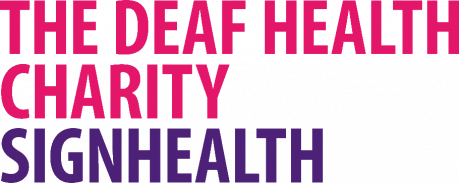
Sign Health

IKWRO - Women's Rights Organisation
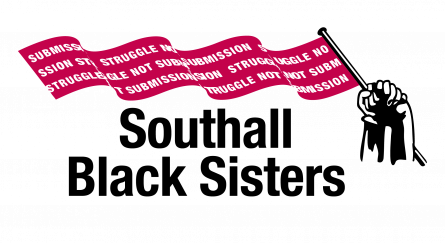
Southall Black Sisters

Forced Marriage Unit

The Financial Support Line for Victims of Domestic Abuse: dedicated specialist support to victim-survivors with their money worries.

The Survivors Trust

Victim Support

Safeline National Male Survivors Helpline and Online support service for men and boys (age 3-years+)
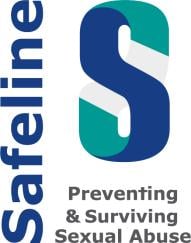
Safeline National Telephone and Online Counselling service for victims of CSA age 16-years+

Jewish Women's Aid
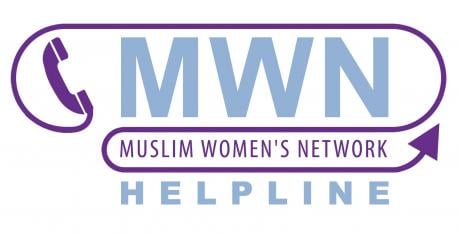
Muslim Women's Network
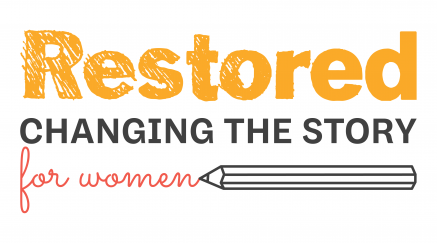
Restored

Advocacy After Fatal Domestic Abuse

Parental Education Growth Support

Hourglass

Childline

Male Survivors Partnership
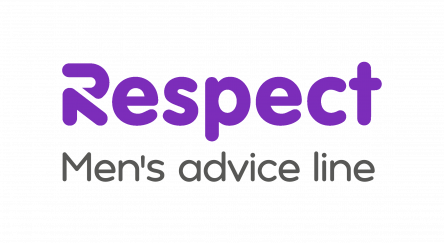
Men’s Advice Line - Domestic Abuse Helpline for Men

1in6

ManKind Initiative

SurvivorsUK - National Male and Non-binary Survivors Online Helpline
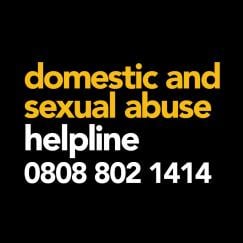
Domestic and Sexual Abuse helpline (Northern Ireland)
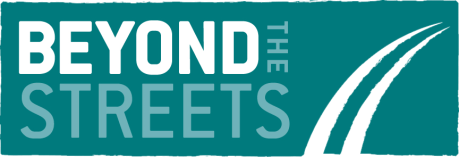
Beyond the Streets

Safer Scotland

Mankind UK
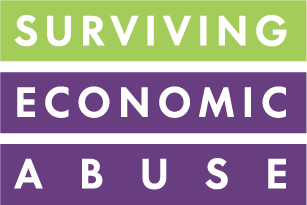
Surviving Economic Abuse
How to help stop abuse
Intervening doesn’t have to be dramatic or confrontational. Even small acts of recognition and support can help stop abuse.
Here are four simple ways to help you step in safely.
Say something
You can show your disapproval at what is going on for example, by not laughing and saying, ‘I don’t think that’s funny’. Or you could be more direct, if you feel it’s safe to do so, by saying it’s unacceptable and tell them to stop.
Tell someone
You could tell someone in charge, like the bar staff if you’re in a pub or club, Human Resources (HR) if you’re at work, or the train guard or bus driver if you’re on public transport. You could also tell another member of the public or a passer-by and see if they’re willing to help – joining forces can be a safer, more effective way to intervene. It’s important to check in with the victim on who they want to tell, or if they want to call the police.
Offer support
You can ask the victim if they’re OK. You could capture what’s happening on your phone and ask if they want the footage to report the incident, and you could offer to help report it. You could also back up others already giving support. If it’s someone you know, check in with them at a time when they are alone and offer to help or support them to report if they want. If you think they might be in an abusive relationship, there is expert advice on what you can do and support available online or on the National Domestic Abuse Helpline.
Provide a diversion
Sometimes what’s best in the moment is creating a distraction to interrupt what’s happening and give the person being targeted a chance to move away or create an opportunity for others to get help by delaying what is happening. You could strike up conversation with the victim. You could ask for directions, or where the next stop is on the bus or pretend you know them. If you’re at work, you could make up an excuse to speak to them about an unrelated task. You could also try dropping something nearby or creating some other minor commotion.


